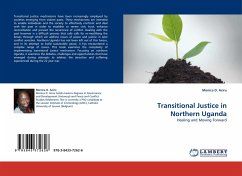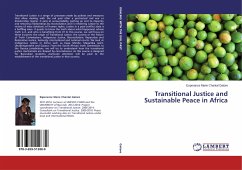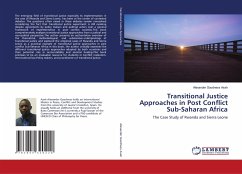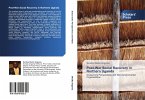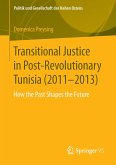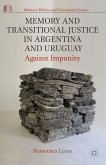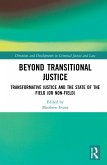Transitional justice mechanisms have been increasingly employed by societies emerging from violent pasts. These mechanisms are intended to enable individuals and the society to effectively confront and deal with the past in order to establish or renew civic trust, enhance reconciliation and prevent the recurrence of conflict. Dealing with the past however is a difficult process that calls calls for re-modifying the lenses through which we address issues of peace and justice in post conflict societies. Northern Uganda has not been left out of this furore, and in its attempt to build sustainable peace, it has encountered a complex range of issues. This book examines the complexity of implementing transitional justice mechanism. Focusing on northern Uganda, it examines the debates, challenges and opportunities that have emerged during attempts to address the atrocities and suffering experienced during the 22 year war.
Bitte wählen Sie Ihr Anliegen aus.
Rechnungen
Retourenschein anfordern
Bestellstatus
Storno

